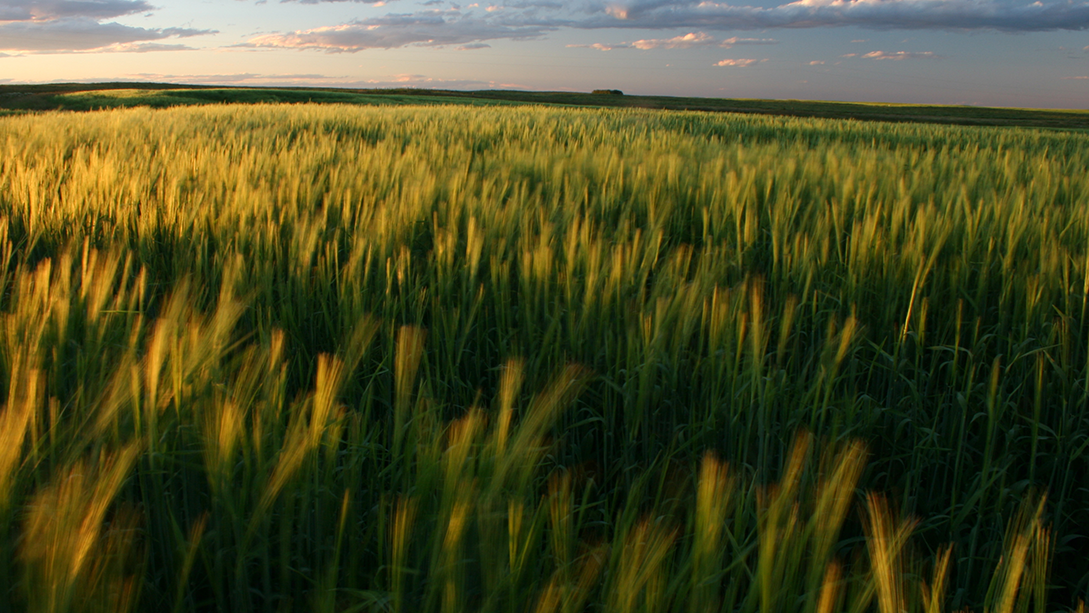Senate agriculture committee concludes hearings on B.C. floods study
Ottawa – The Senate Committee on Agricultural and Forestry has concluded hearings for its study on the impact of the devastating 2021 floods on British Columbia’s agriculture industry and the federal and provincial governments’ response to the crisis.
In mid-November 2021, British Columbia’s Fraser Valley was hit by extreme flooding that lasted for several weeks. The floods inundated more than 15,000 hectares of land, affected more than 1,000 farms, killed livestock, and damaged farm machinery and infrastructure.
The committee has so far heard from mayors of affected municipalities in B.C. and the State of Washington, representatives of B.C. agriculture groups, Indigenous leaders, climate scientists, hydraulic engineers, and federal departments that support flood response and recovery efforts and that are tasked with emergency planning.
Key themes and concerns raised in witness testimony include: the science behind the 2021 floods; the extent of the damage caused by the flooding; the state of the region’s infrastructure; future risks; lessons learned from response and recovery efforts; and challenges related to government co-ordination, policy and program implementation.
The committee will prepare a report on the study with recommendations for the federal government, which it intends to release in the fall.
Quick Facts
- More than 12% of B.C.’s farms are located in the affected region, including 78% of the province’s hog farms, 69% of its poultry farms and 45% of its dairy farms. In addition, 24% of agricultural workers in B.C. work in the affected areas.
- An intense atmospheric river precipitated the floods by producing heavy, record-breaking rainfall in the region; other factors included climate change, snowmelt and overflow from the Nooksack River in Washington.
- The Government of British Columbia declared a state of emergency on November 17, 2021. It lifted the state of emergency on January 18, 2022.
Quotes
“The evidence and testimony presented to senators suggest the status quo in B.C.’s Fraser Valley is untenable. We will reserve specific findings and recommendations until the release of the committee’s report, but it is clear all levels of government need to act on flood protection and climate change mitigation.”
- Senator Robert Black, Chair of the committee
“The effects of global warming mean Canadians will likely experience destructive climate events like the B.C. floods more frequently. We must let go of the idea that these are once-in-a-century events and take steps to ensure residents in at-risk areas and their livelihoods are protected now and in the future.”
- Senator Paula Simons, Deputy Chair of the committee
Associated Links
- Read and watch witness testimony.
- Learn more about the committee.
- Follow the committee on social media using the hashtag #AGFO
- Sign up for the Senate eNewsletter.
For more information:
Ben Silverman
Communications Officer | Senate of Canada
343-574-4950 | ben.silverman@sen.parl.gc.ca





